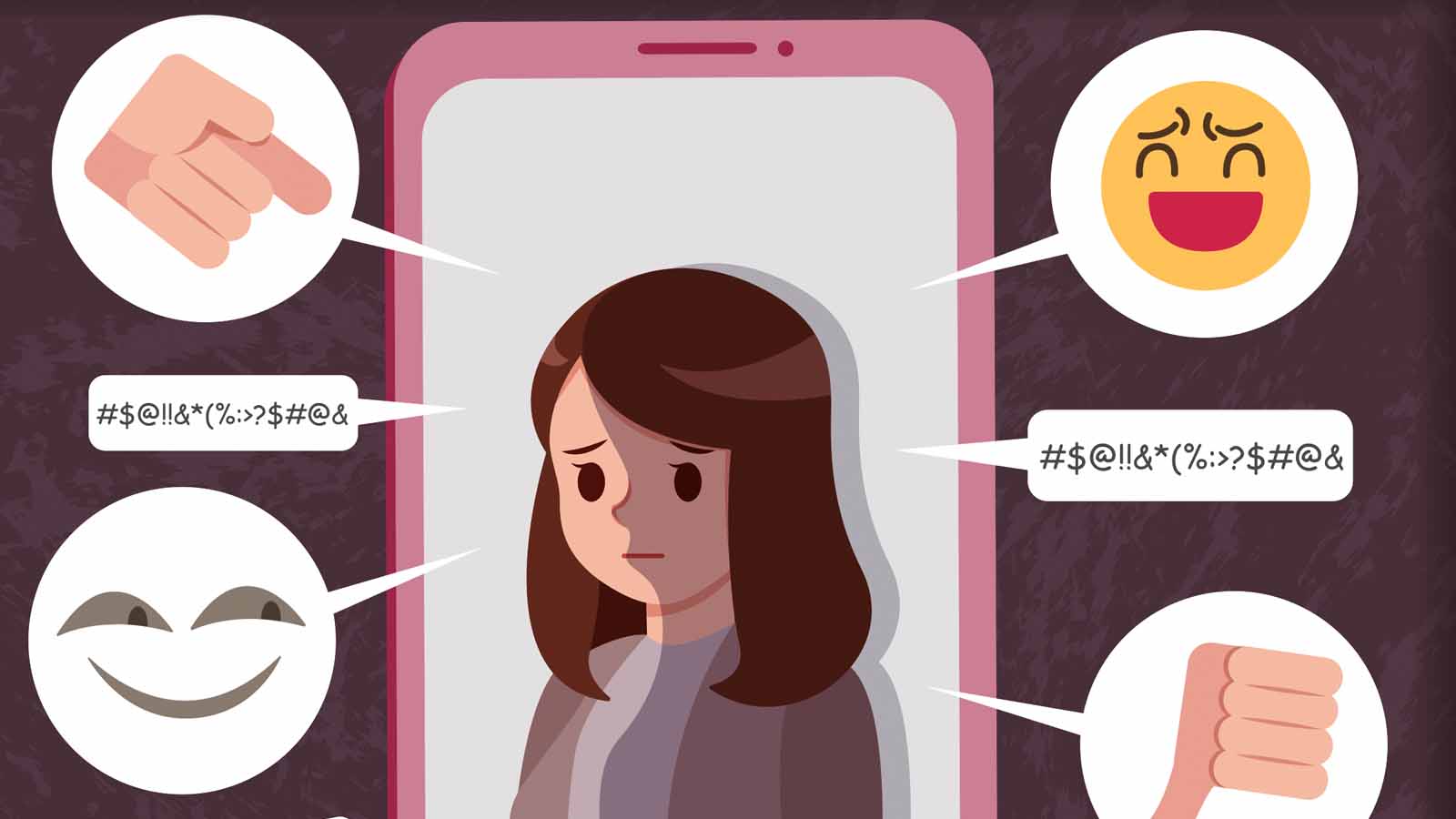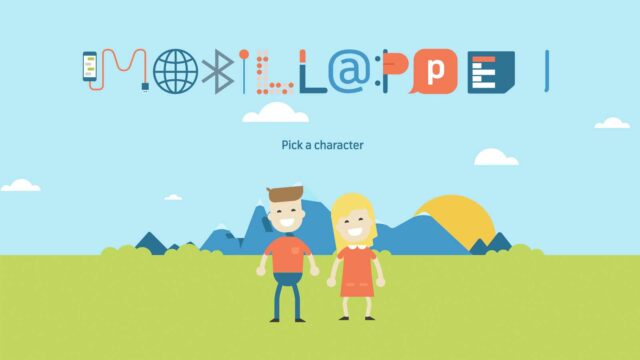
Hate Speech: It is more difficult for immigrant children to stay away
In this internet era, when the world has turned into a global village, hate speech has found its stronghold more than ever. What has happened in a far corner of a country is easily reached to the whole world, and everybody, even who does not have a stake in that event, wants to give their opinion, often without a clear understanding of it.
Choose language in the Google-box below. Some translations may be flawed or inaccurate.
In Norway or anywhere, it is more difficult for immigrant parents to keep their children away from reaching hate speech. For example, I have seen thousands of hate speech comments in some Facebook posts from Bangladesh and India.
Facebook has almost nothing to do in most cases. It cannot delete the post because the post is as innocent as it be, maybe a simple photo of a person celebrating a religious festival of another religion, and it has not violated community standards in any way. But the comments are full of hate speech.
There are very few people who have time to report those thousands of comments. An immigrant child has many friends in his/her friend list who are living there and has a great chance to read those comments.
Different laws in different countries

And there are some fields of hate speech, which, though regarded as hate speech in Norway, may not be considered so in the country where the child comes from. In many countries homosexuality is illegal and personal religious belief is not respected, instead, homosexuals and atheists are hunted by the law authority. In such a country there will be found almost no or very few people on social media who will be eager to report against hate speech targeting LGBT people and atheists.
There will be found similar posts against women and ethnic minorities, and those stay forever.
Social media like Facebook, Twitter, Instagram, YouTube, Reddit, even TikTok, are the most used apps and sites for spreading hate speech. And there are many dedicated websites that deliberately spread manipulated and fake news to spread hatred against certain ethnic or religious or sexually oriented people.
Difficult to fight against hate speech
It is becoming more and more difficult for both social media and law authorities to fight against hate speech. Social media use algorithm or artificial intelligence to delete comments, posts, pages, videos, or the like. However, it works only when a substantial number of people have reported against it.
Sometimes a post or comment or video stays for months due to lack of reporting. Sometimes it is spread in closed groups where nobody has an inclination to report. When these contents somehow reach the children, they may have a huge effect on an innocent child’s mind that is capable of receiving everything.
Those who deliberately spread hate speech often use fake profiles. And there are websites like Reddit where there is no requirement even of a name, a username is enough, and moderation is minimal. So there is very little to do for the police.
Artificial intelligence is not enough
Social media also use racial slurs and similar words to screen out hate speech. But artificial intelligence cannot do it for all languages, and it cannot identify hate speech written in a satiric way. For example, the word for ‘dog’ may mean an informal ethnic or religious slur in a particular language, but to AI, it will mean simply a dog.
And what about audios and videos? In India alone, there are hundreds of languages. For all the languages in the world, there are thousands of dialects. How will AI identify all those? And how will screen out hate speech from those contents?
Moreover, language is always in change, words make new meanings all the time, and it is the most in case of slurs and in this ever fast-changing world. What something meant a year ago may mean an entirely new thing today. And the young generation is the most eager to use those.
It is often found that parents do not understand a word their children are using, and when they are asked what the word means, children say that they do not even know. They are using it because their friends are using it. It is often found that the word is a slur, and it is more common among adolescents.
No alternative other than having conversations
So, what can parents do? They must talk. There is no alternative to parents other than talking to them. Children must be taught the difference between hate speech and freedom of speech. They have to teach how to identify hate speech and how to avoid those or even report. At the same time, they have to teach how to respect other people regardless of their ethnicity, religion or belief, gender, sexual orientation, gender identity and gender expression or disability, as is mentioned in Norwegian law.










